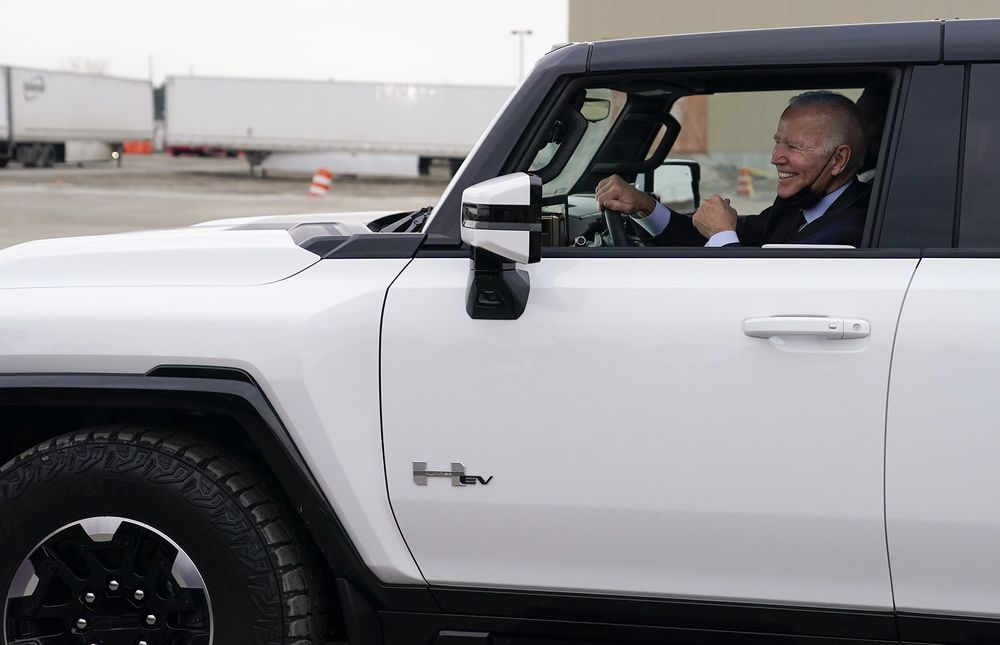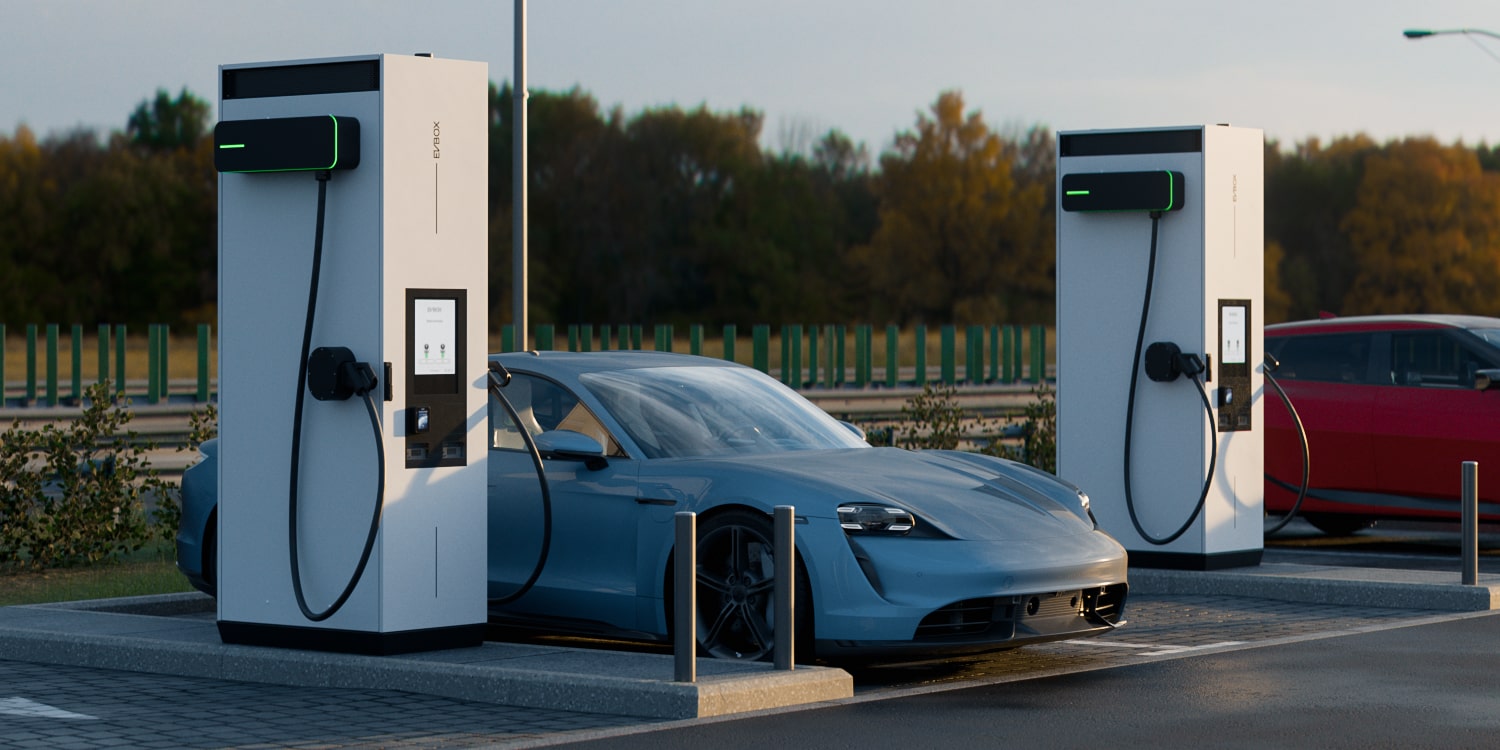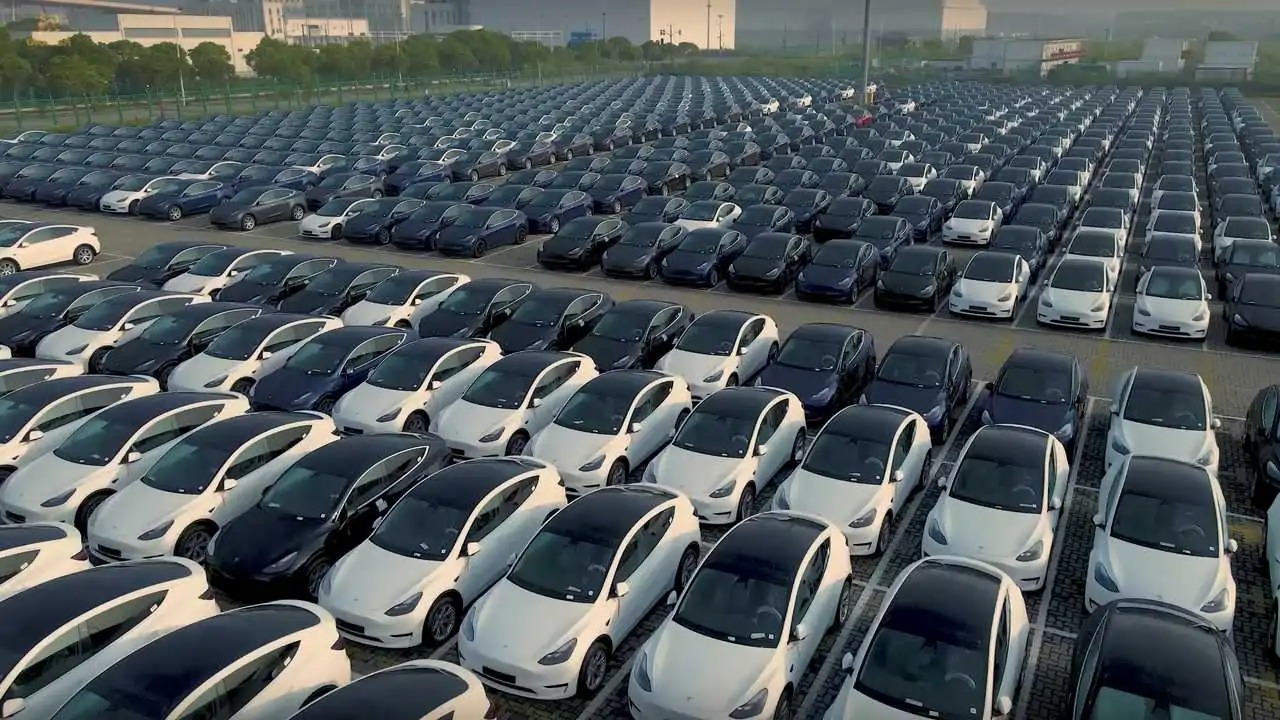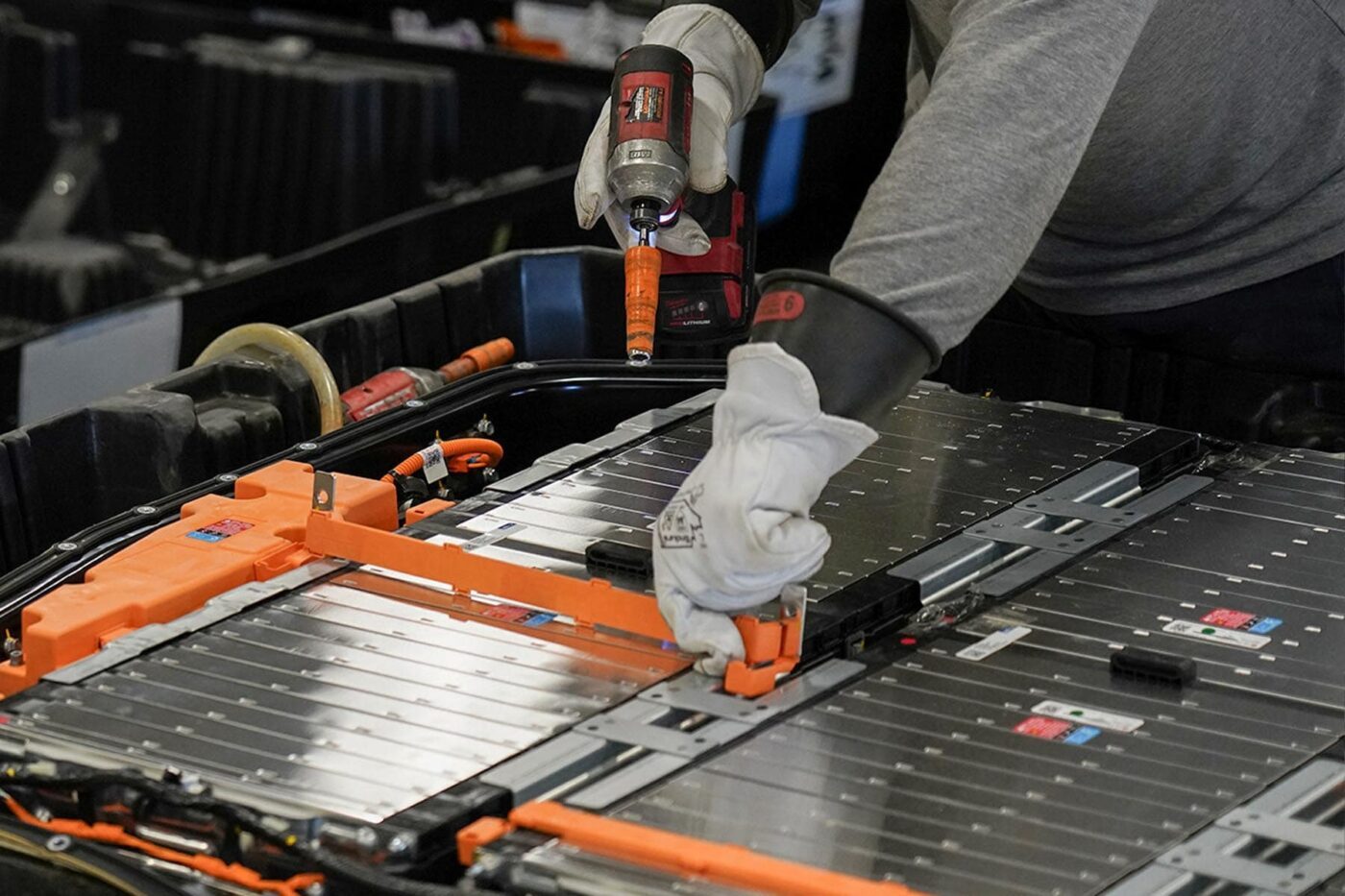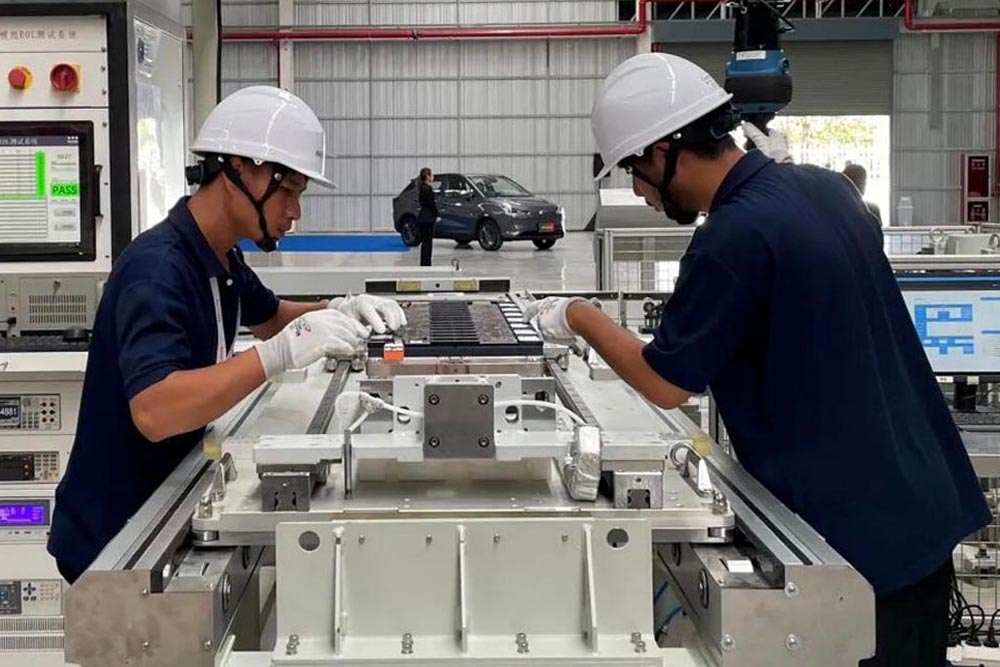China has raised objections to the Biden Administration’s revisions to the Inflation Reduction Act (IRA), particularly the new rules imposing stricter regulations on battery materials. The IRA amendments introduce more stringent criteria for eligibility for vehicle tax credits, leading China to express concerns about perceived unfair practices.
Under the updated regulations, vehicles lose eligibility for tax credits if they contain battery materials from countries designated as “Foreign Entities of Concern” (FEOC), including North Korea, Russia, Iran, and now China. By 2024, vehicles with completed batteries using components from FEOCs become ineligible, and by 2025, electric vehicles with battery minerals exceeding trace amounts from FEOCs also face disqualification. This policy has resulted in certain Tesla Model 3 variants losing full tax credit eligibility in the coming year, and the Mustang Mach-E becoming entirely ineligible in 2024.
According to a Reuters report, China contends that the IRA’s provisions violate World Trade Organization (WTO) rules, describing the policy as exclusionary and “typical non-market orientated.” China asserts that other WTO members share concerns about the policy, believing it contradicts the fundamental principles of the WTO. The Chinese government argues that these policies may significantly impede and disrupt international trade and investment.
The implications of whether China’s objections hold merit are yet to be determined. However, the current controversy could potentially impact the electric vehicle market by introducing uncertainties. Many electric vehicle battery packs currently available contain substantial Chinese content, and an immediate shift to approved sources is not feasible. Additionally, President Biden’s potential implementation of a 25% ownership cap on FEOC investment in companies could complicate plans, such as Ford’s CATL joint venture battery plant. While the CATL plant aims to facilitate domestic battery pack assembly for Ford’s electric vehicles, the new rules could pose challenges and potentially undermine such initiatives.

